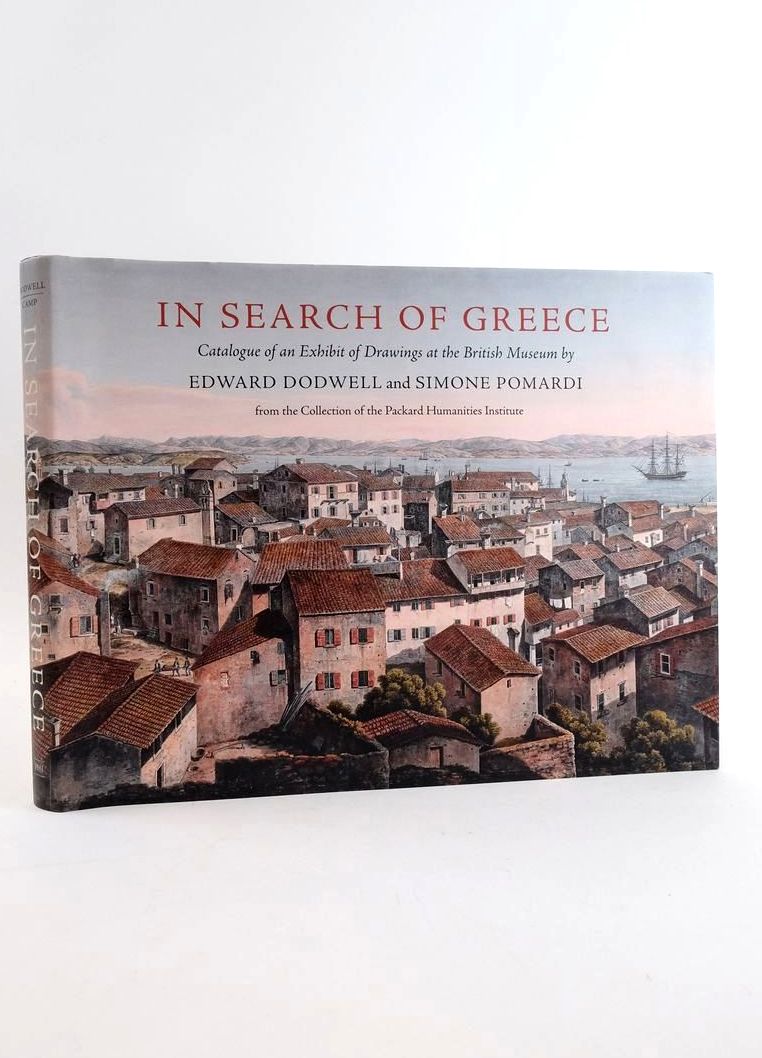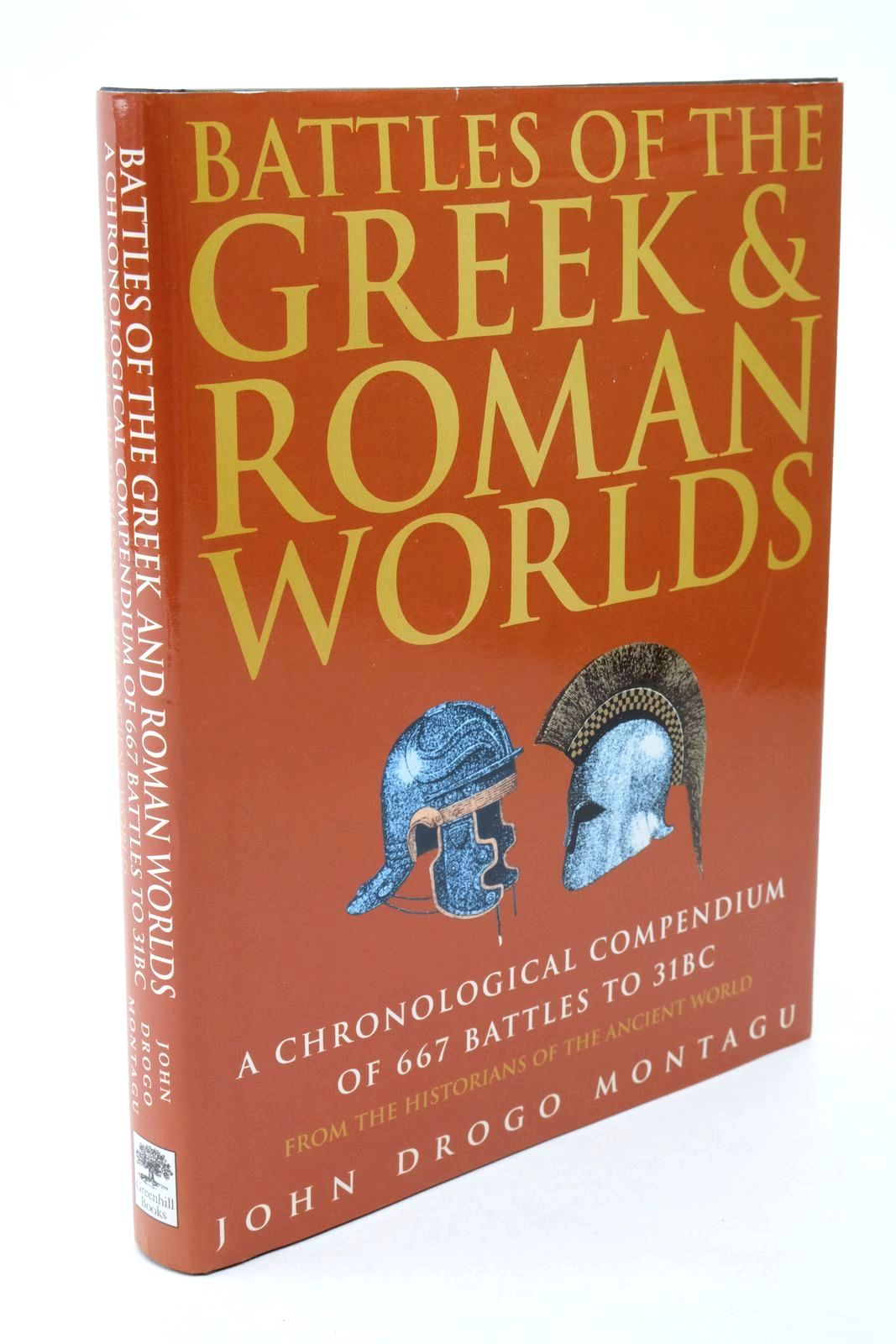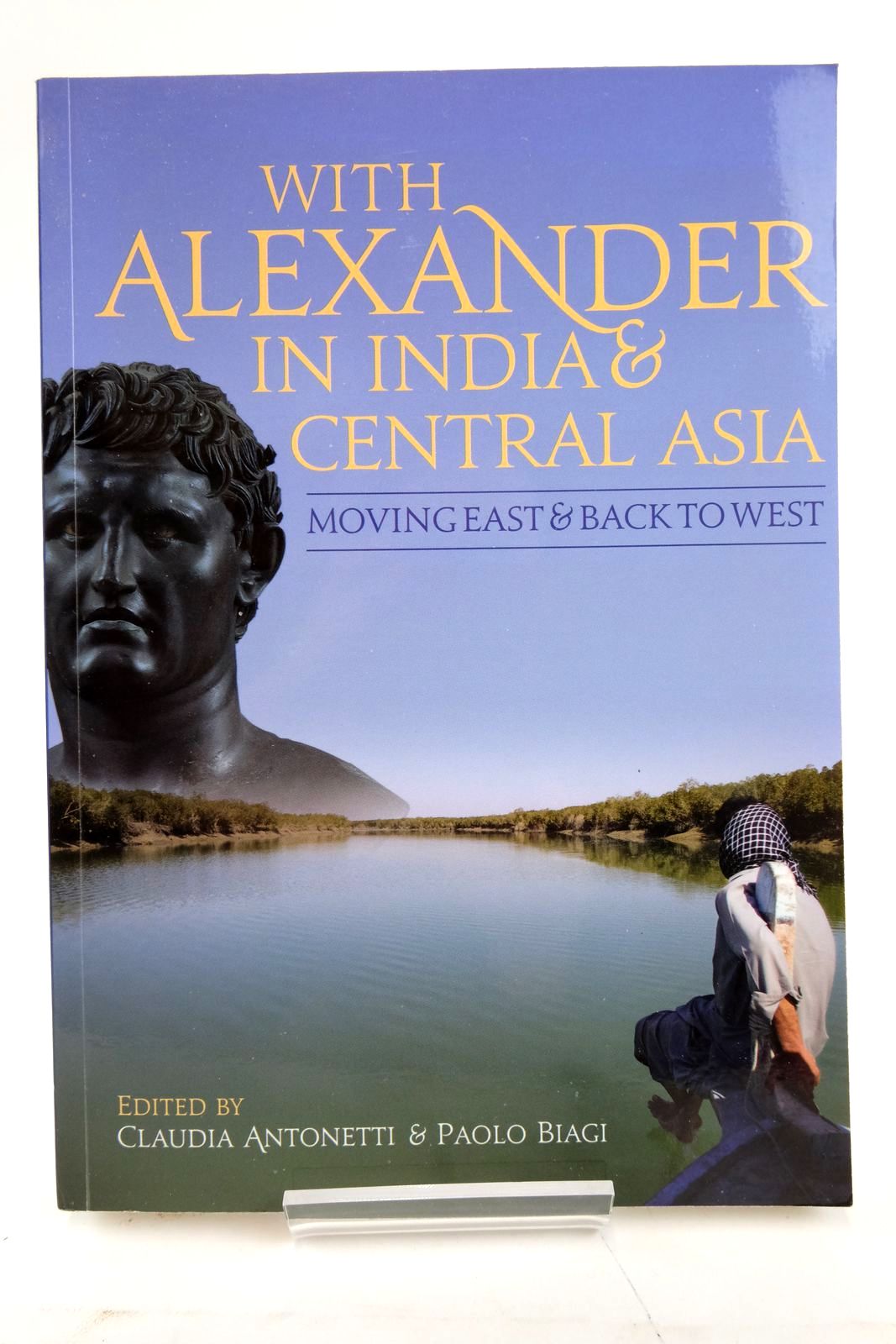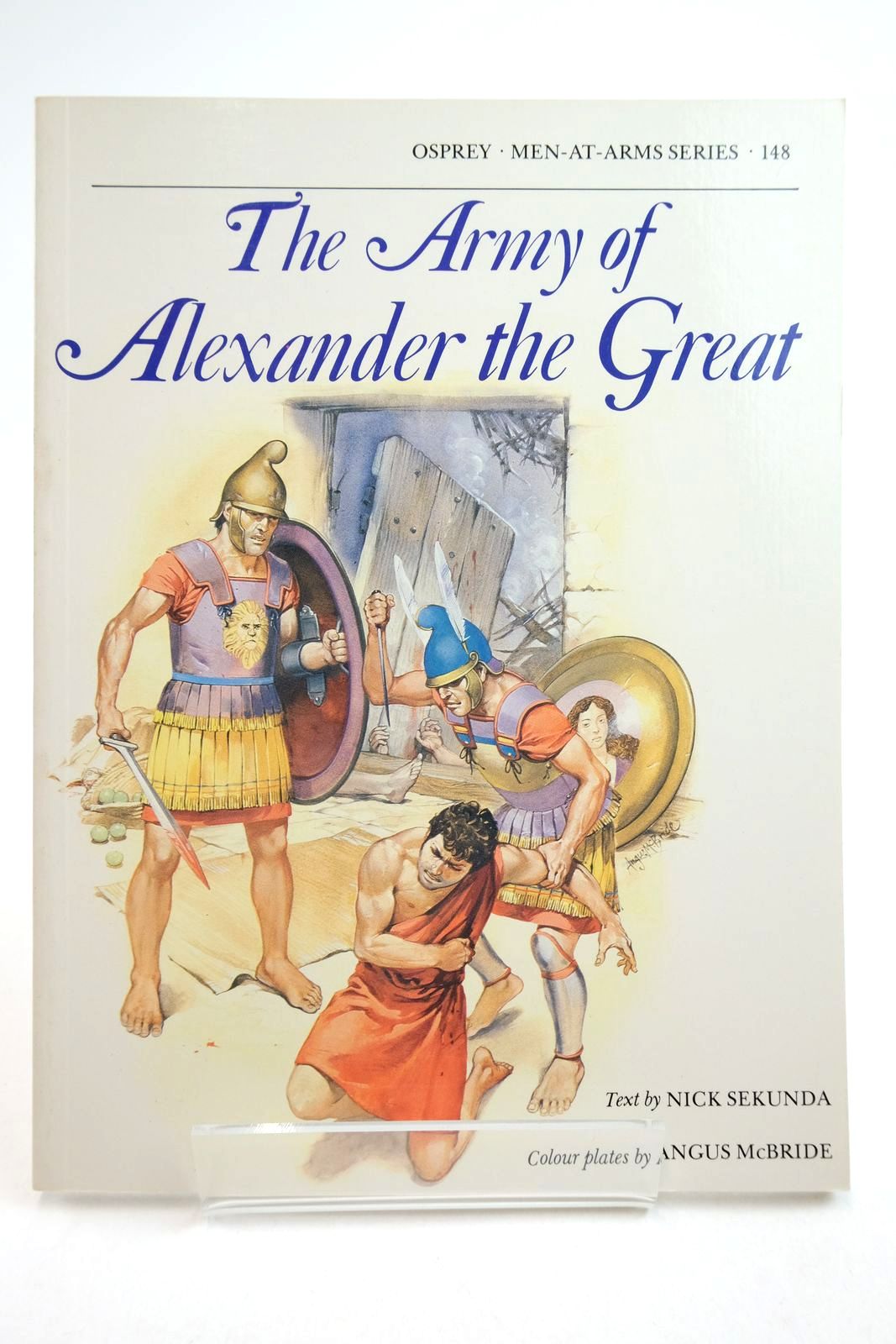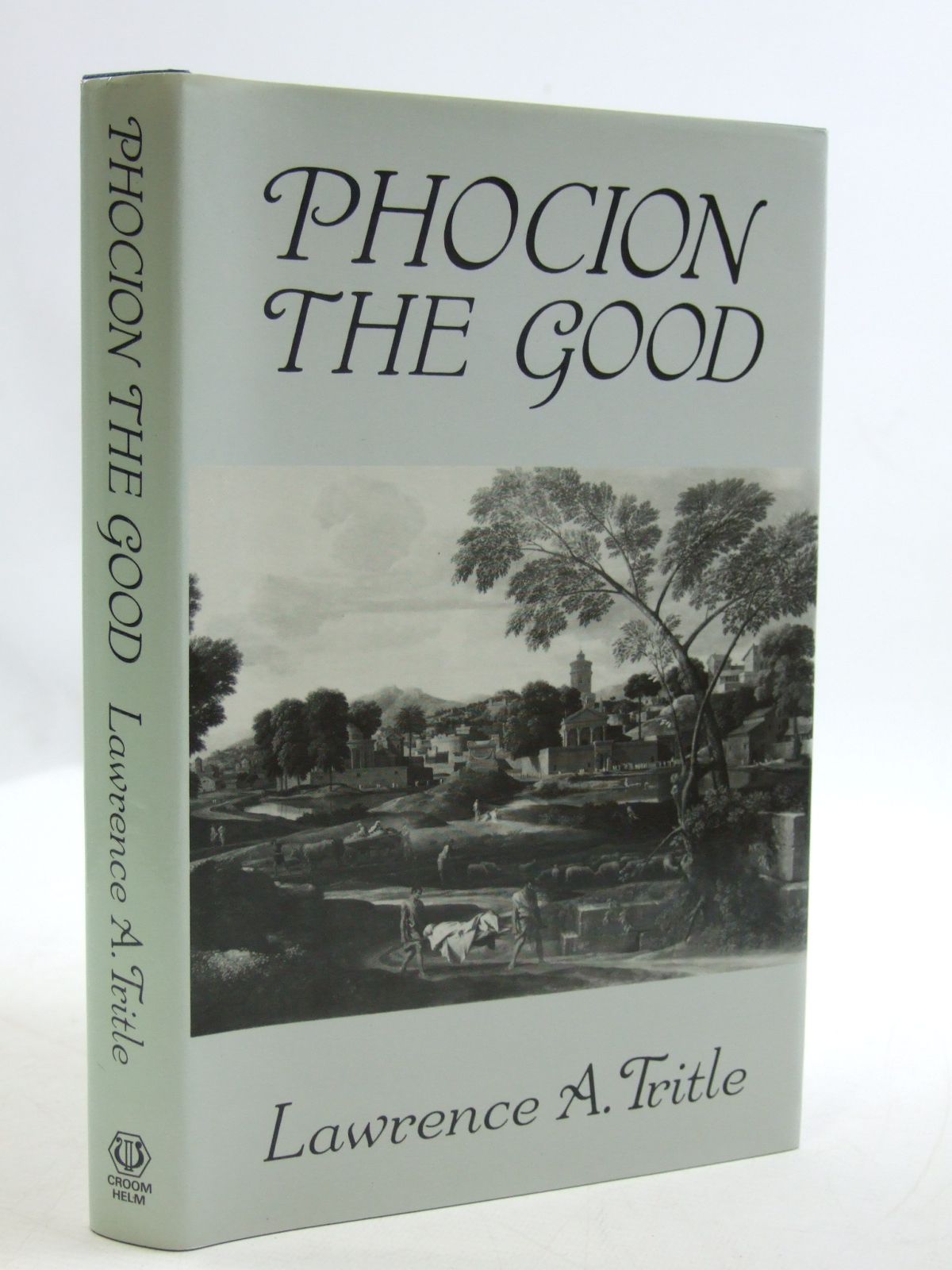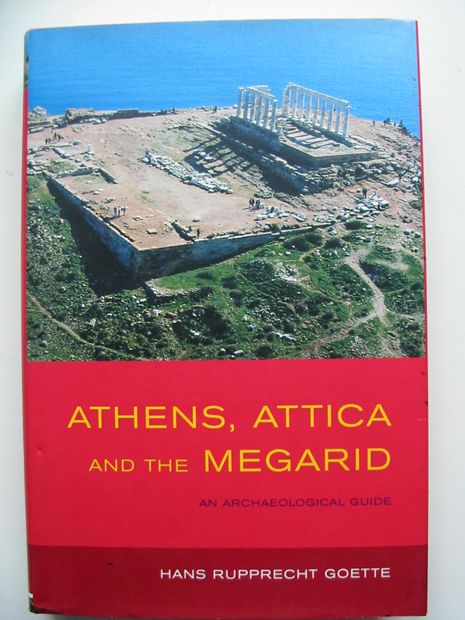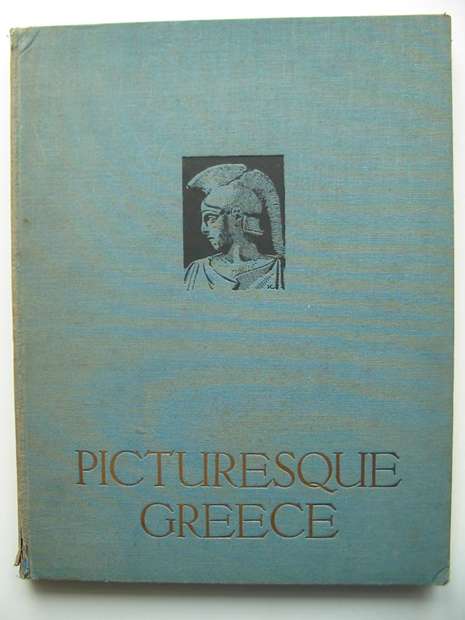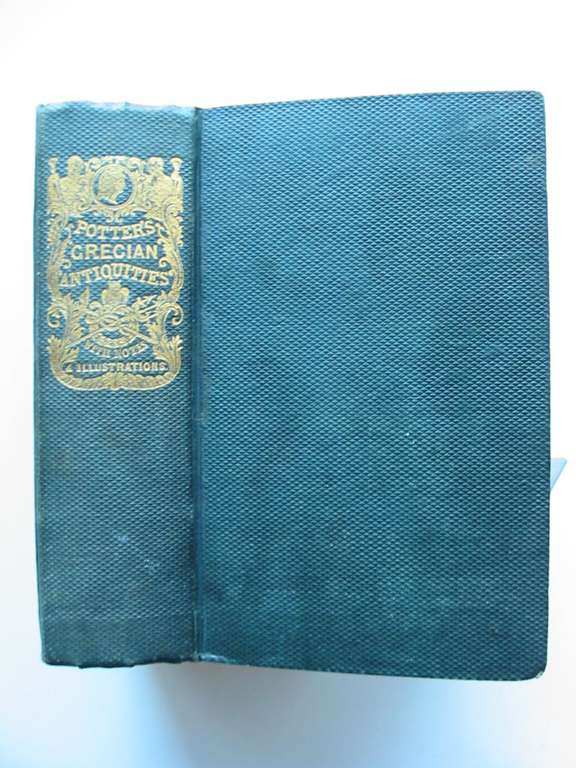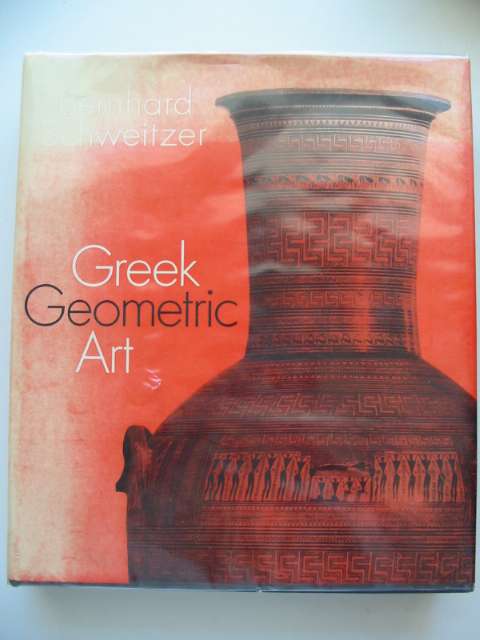Books in the Ancient World
 The earliest books were in the form of papyrus rolls on which the text was written in columns. A continuous length of papyrus was written from the left to the right so that a reader would unroll the papyrus with their right hand and roll it up with their left. The ends of the roll were usually reinforced to protect against wear, and convention dictated that the book should be left with the beginning on the outside: therefore a considerate reader at the end of the 'book' would re-roll it for the next person. Only the inner side of the papyrus was used for writing, although in some cases the outer side could be used. In order to identify the contents of a scroll, a tag of parchment was attached which bore the title.
The earliest books were in the form of papyrus rolls on which the text was written in columns. A continuous length of papyrus was written from the left to the right so that a reader would unroll the papyrus with their right hand and roll it up with their left. The ends of the roll were usually reinforced to protect against wear, and convention dictated that the book should be left with the beginning on the outside: therefore a considerate reader at the end of the 'book' would re-roll it for the next person. Only the inner side of the papyrus was used for writing, although in some cases the outer side could be used. In order to identify the contents of a scroll, a tag of parchment was attached which bore the title.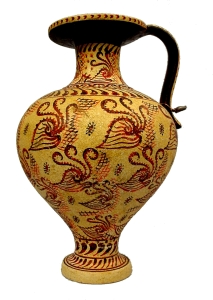 It can be seen that the papyrus roll was more difficult to handle than our modern book format. A reader required both hands to roll and unroll the 'book' which made note-taking awkward, and it would have been difficult to find a particular scroll in a collection. Although papyrus rolls could in theory be any length, both very long and very short rolls were unmanageable. Around the time of Augustus, an average length of a 'book' became 700 - 900 lines.
It can be seen that the papyrus roll was more difficult to handle than our modern book format. A reader required both hands to roll and unroll the 'book' which made note-taking awkward, and it would have been difficult to find a particular scroll in a collection. Although papyrus rolls could in theory be any length, both very long and very short rolls were unmanageable. Around the time of Augustus, an average length of a 'book' became 700 - 900 lines.Once a book was published in the Roman world, the author had no further control over it. As there were no copyright laws, any person who had access to a book was able to make a copy. Initially, publication might be through the release of the book to a number of friends but once released it could then be copied and circulated to a wider audience. The earliest evidence for a trade in books in the Roman world is from the Ciceronian period, although the private circulation of books provided the main source of texts for many individuals.
Greek works were collected at Rome after being brought back as the spoils of conflicts, and as Roman literature developed it too was collected. It became common for rich individuals to establish libraries in their homes, though this may often have been more for show rather than utility. Although these private collections of Greek and Roman books held many works, it became necessary for Domitian to send to Alexandria for replacement copies when libraries at Rome were destroyed by fire.
 The first public library at Rome was founded in 39 BC by Asinius Pollio, and the emperors continued to add libraries until there were twenty eight by the time of Constantine. It was usual for the Greek and Latin works to be kept separately within these libraries. The accuracy of texts could be checked against copies held in the libraries, and often new books needed to be corrected by their readers: the textual quality of works in general circulation was often quite poor.
The first public library at Rome was founded in 39 BC by Asinius Pollio, and the emperors continued to add libraries until there were twenty eight by the time of Constantine. It was usual for the Greek and Latin works to be kept separately within these libraries. The accuracy of texts could be checked against copies held in the libraries, and often new books needed to be corrected by their readers: the textual quality of works in general circulation was often quite poor.
The development of the codex book form, the format with which we are familiar today, had implications for the preservation of works. The change from papyrus roll to codex was surprisingly slow, and accompanied the growth of Christianity within the Empire. It appears that Christian literature from the start was circulated in codex form, and gradually all literature was circulated in this form. The parchment codex made it easier for readers to browse a book, and this format was more sturdy than the papyrus roll. Works which were not copied from papyrus to the codex book form were almost certain to disappear, and a huge number of works must have failed to survive beyond the end of classical antiquity.
(Published on 1st Apr 2008 )


